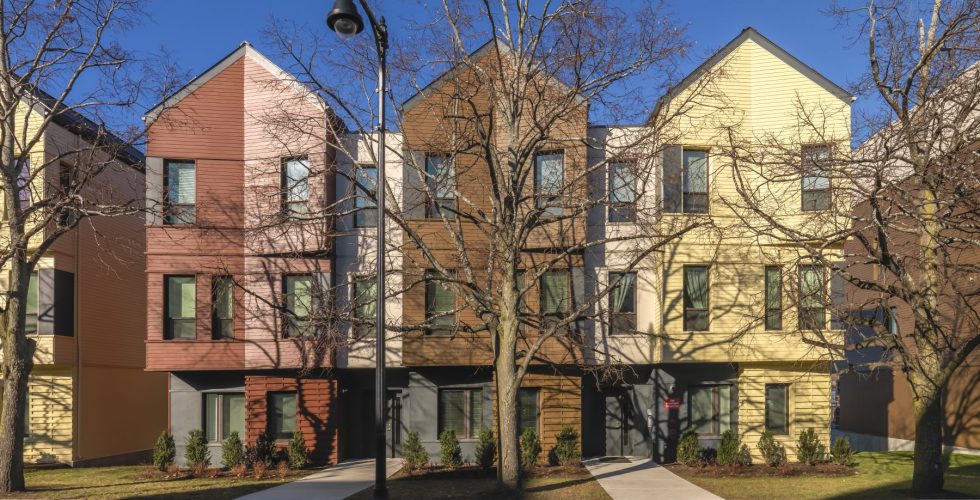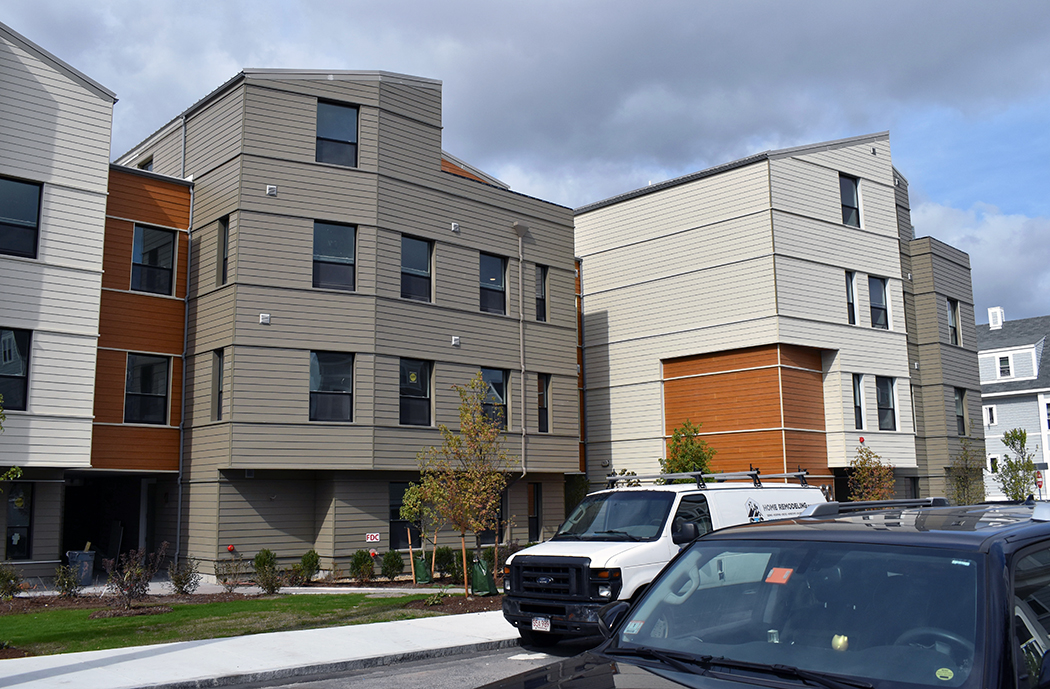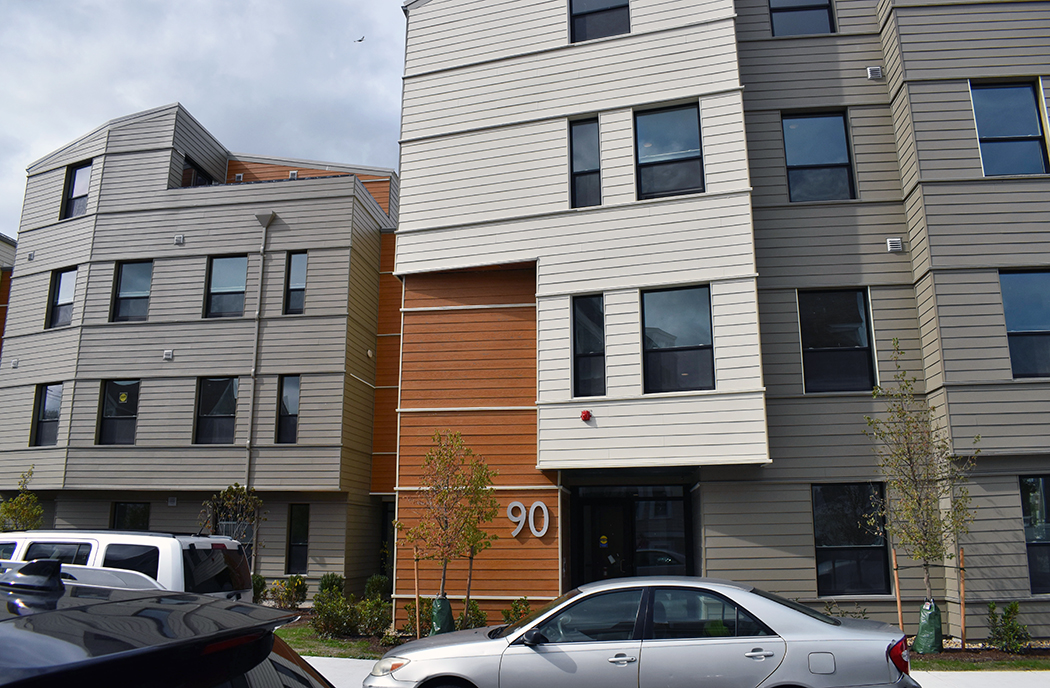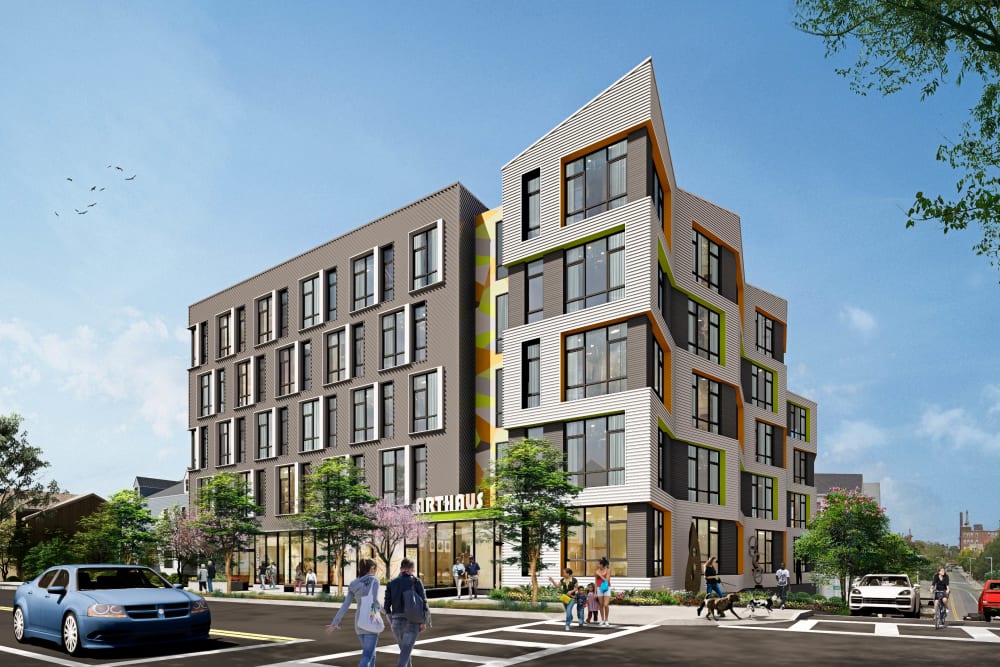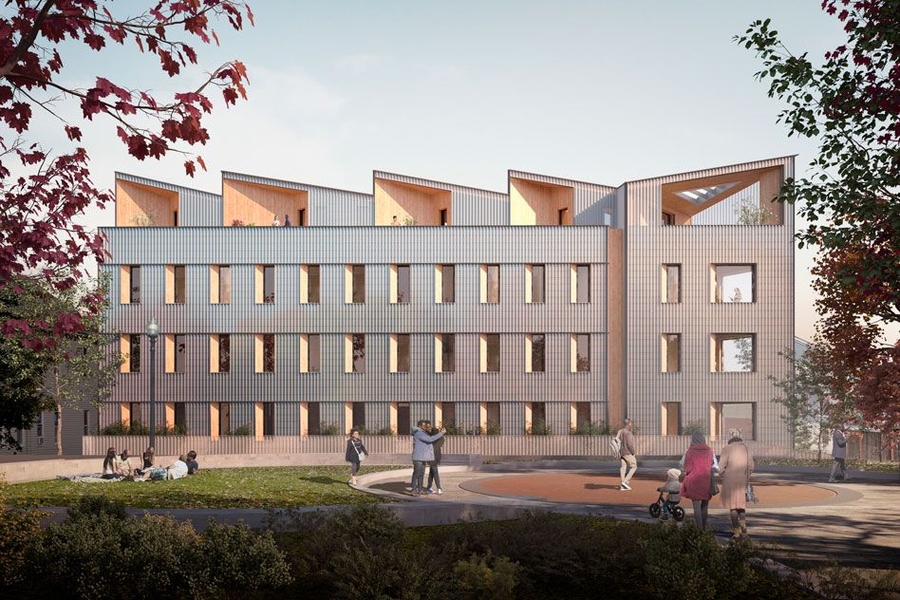Didn't see a thread relating to this (I went back to about 2008, and starting cringing once I reached the foreclosure map thread).
BLDUP has been promoting their new (free) Boston Real Estate Market Report, looking at developers, contractors, and, of most relevance to this board, architects, and I took a glance at it. I won't post all of the details here, as it is easily accessible on their blog, but I was a bit surprised by the architecture firm breakdown by square footage. Expecting Elkus to come in first by a longshot, Stantec actually takes the #1 spot, followed by ICON, then Elkus. Together, they are well over a quarter of Boston's real estate under design. 6 firms account for over 50%.
While the general list is unsurprising, it makes me wonder about the general state of Boston Architecture. Is there any kind of market insight available somewhere that gives a glimpse into whether it has always been like this, or if other cities have a similar breakdown?
I don't want to pass on a thread insinuating Boston should only have elite Architects designing a building on every corner, but I feel, looking from a high level, we are lacking. For having the GSD and MIT, (and CAMD, Wentworth, BAC) I would expect more experimentation, new firms, constant talent coming out of them (though I do question the effectiveness of the more elite schools in training good designers in recent years, maybe that's part of the problem...). There was a Banker and Tradesman article this week that seemed to suggest there are very few markets better than Boston's right now, so the investment looking into 2022 is very much so in the green. That's more work. How is it that 50% of it will likely go to a mere 6 firms?
The easy answer is lack of will from the developers. But there might be more to it that I'm missing, considering Boston and Cambridge, with dozens of schools and institutions, home to some more experimental architecture (because you can't expect much of anything from a typical RE Developer anymore) haven't really seen much during this building cycle. BU's Data Science Center is a good start, though I don't find it as refined of a building deserving of my nearly pointless virtual praise. MIT's new dorm was only okay - nothing of the level of design of Baker House, MIT Chapel, Kresge, Stata, or Simmons. And the home of their new AI Research Initiative, with promises to revolutionize life as we know it, is a rather uninspired building, despite being by one of the firms I want working here more often. Harvard has renovated a few buildings that are nice, and ISEC.... tried... something, but nothing that has really gotten people talking. On the RE Dev side, I was excited to see Jeanne Gang working in Kenmore Square, but the news on that project has been lacking following COVID. 0 for a few hundred million square feet is not a number to be happy about...
BLDUP has been promoting their new (free) Boston Real Estate Market Report, looking at developers, contractors, and, of most relevance to this board, architects, and I took a glance at it. I won't post all of the details here, as it is easily accessible on their blog, but I was a bit surprised by the architecture firm breakdown by square footage. Expecting Elkus to come in first by a longshot, Stantec actually takes the #1 spot, followed by ICON, then Elkus. Together, they are well over a quarter of Boston's real estate under design. 6 firms account for over 50%.
While the general list is unsurprising, it makes me wonder about the general state of Boston Architecture. Is there any kind of market insight available somewhere that gives a glimpse into whether it has always been like this, or if other cities have a similar breakdown?
I don't want to pass on a thread insinuating Boston should only have elite Architects designing a building on every corner, but I feel, looking from a high level, we are lacking. For having the GSD and MIT, (and CAMD, Wentworth, BAC) I would expect more experimentation, new firms, constant talent coming out of them (though I do question the effectiveness of the more elite schools in training good designers in recent years, maybe that's part of the problem...). There was a Banker and Tradesman article this week that seemed to suggest there are very few markets better than Boston's right now, so the investment looking into 2022 is very much so in the green. That's more work. How is it that 50% of it will likely go to a mere 6 firms?
The easy answer is lack of will from the developers. But there might be more to it that I'm missing, considering Boston and Cambridge, with dozens of schools and institutions, home to some more experimental architecture (because you can't expect much of anything from a typical RE Developer anymore) haven't really seen much during this building cycle. BU's Data Science Center is a good start, though I don't find it as refined of a building deserving of my nearly pointless virtual praise. MIT's new dorm was only okay - nothing of the level of design of Baker House, MIT Chapel, Kresge, Stata, or Simmons. And the home of their new AI Research Initiative, with promises to revolutionize life as we know it, is a rather uninspired building, despite being by one of the firms I want working here more often. Harvard has renovated a few buildings that are nice, and ISEC.... tried... something, but nothing that has really gotten people talking. On the RE Dev side, I was excited to see Jeanne Gang working in Kenmore Square, but the news on that project has been lacking following COVID. 0 for a few hundred million square feet is not a number to be happy about...

